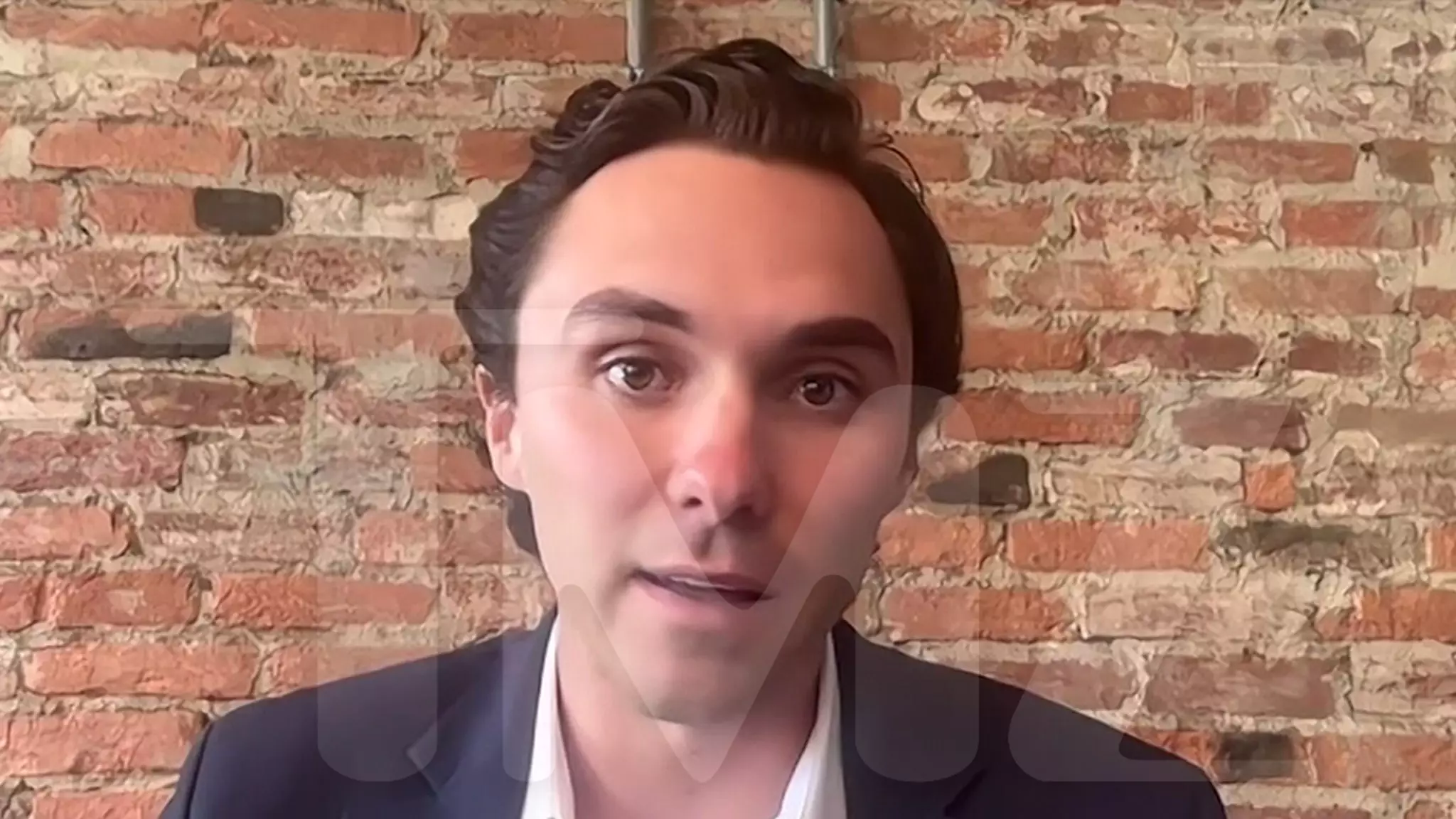In a move that could signal a significant transformation within the Democratic National Committee (DNC), the organization is gearing up to confront the performance of its own members—regardless of how long they’ve been in their positions or their age. At the forefront of this initiative is David Hogg, a recognized gun control advocate and the newly appointed vice chair of the DNC. In a recent interview, Hogg expressed the party’s commitment to identifying and challenging members of Congress who fail to meet the expectations of their constituents. This proactive stance represents a refreshing departure from traditional thumb-twiddling politics, emphasizing accountability and effective governance.
A Case-by-Case Approach
Hogg clarified that the DNC’s scrutiny is not limited to seasoned politicians; younger representatives may also find themselves under the microscope if they are deemed ineffective. This departure from ageist assumptions about political capability showcases a nuanced understanding of governance: effectiveness is not inherently tied to tenure in office. The DNC appears prepared to foster a culture of performance over longevity, which could energize a base increasingly frustrated with stagnation.
This approach is not just about removing ineffective individuals, but about reshaping the Democratic landscape to reflect the needs of contemporary voters. With recent reports revealing that only 26% of self-identified Democrats believe the party is doing a commendable job, it is clear that the DNC cannot afford complacency. The realization that broad demographic support for the party is waning—especially among younger voters and those with less formal education—cannot be ignored in strategic planning.
Changing the Narrative
Hogg’s call to action underscores a shift from merely comparing oneself to the Republican Party to creating a distinct narrative that resonates with voters. The DNC aims to inspire support through a compelling vision rather than relying solely on a negative campaign against Republican policies. This strategy could revitalize the party’s image, emphasizing solutions and proactive governance rather than just presenting a dichotomy of ideologies.
The challenge lies not only in identifying ineffective politicians but also in cultivating fresh leaders who embody the party’s values and commitment to constituents. Engaging a new generation of politicians could provide the fresh perspective necessary to address pressing issues. By equipping voters with genuine reasons to support Democratic candidates—beyond opposition to Republican agendas—Hogg and his colleagues could pave the way for renewed electoral success.
Potential Risks and Rewards
The DNC’s bold strategy certainly carries risks; challenges against incumbents can lead to deep divisions within the party. However, the potential rewards of rejuvenating the party’s core message and fostering effective representation far outweigh the risks of stagnation. Distrust among voters can dissipate if actions align with promises, galvanizing support among demographics that feel overlooked.
In essence, David Hogg’s vision points to a critical juncture for the Democratic Party. With a bold commitment to effectiveness and accountability, the party has the potential to redefine its relationship with voters and reclaim its relevance in today’s political discourse. The landscape of American politics is dynamic, and only those willing to adapt and respond to the needs of their constituents will succeed in capturing the public’s trust and support.

Leave a Reply